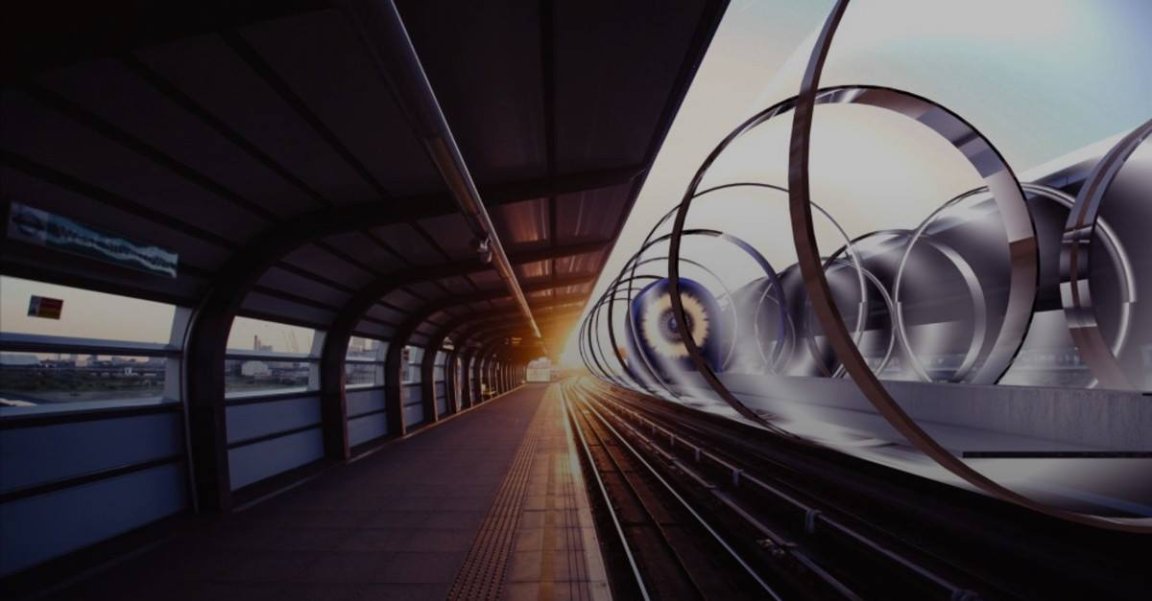
The World of Yesterday
In the 1960s, humanity was largely confined to planet Earth. In fact, most people were confined to their own home cities—even just communicating with someone on the other side of the globe was a trial, say nothing about traversing the distance yourself.
But fast-forward 50 years, and the world is an entirely different place.
High-speed internet lets us have a seamless (and instantaneous) face-to-face conversation with people who are quite literally on the other side of the world. Planes are so readily available and flights so cheap that it is possible for most anyone to get a ticket and land on the other side of the planet that same day. Even autonomous cars are (slowly) becoming ubiquitous. And of course, man has walked on the Moon.
Over the course of the last century, thanks to science and technology, our world has been utterly transformed. But while these various advancements have solved a host of problems and quite literally saved millions of lives, scientific and technological developments bring with them a host of new challenges—challenges that the government of Dubai is planning to address and solve, thanks to the Dubai Future Accelerators program.
Their goal is to actually test the technologies that could serve as solutions to some humanity’s grandest challenges.
The Dubai Future Accelerators’ mission is to connect some of the world’s most innovative companies with leading partners in the government to deploy viable futuristic prototypes.
In the end, the goal is to do more than help bring new, innovative technologies to life. That is part of the plan, of course. However, through this program, Dubai is hoping to use technology in order to create a brighter tomorrow.
Innovating a Better World
The Dubai Future Accelerators’ website outlines the specific challenges that they hope to address in order to accomplish this mission. For example, they plan to prototype automated transportation systems that can help cut down on congestion, which will reduce the amount of time that people spend on the roads and, thereby, help make a more productive society—but more than that, the specific innovations being investigated by the Dubai Future Accelerators will help reduce CO2 emissions across all modes.
If that’s not enough, they are also working to make a safer society for us all by developing integrated behavioral and genetic systems that can identify, track, and share information on criminals with 10x more accuracy and 10x more efficiency.
The other goals include fabricating systems that can reduce water and energy consumption by a factor of 10, creating personalized learning solutions that work across curriculums, using genetic information to expedite diagnostic testing and save lives and, in short, bring a host of futuristic technologies and sustainable solutions to life today.
Ultimately, there were more than 2,270 applicants who wanted to participate in this notable goal, and they came from a total of 73 countries. After the difficult task of whittling them down, Dubai just announced the 30 companies that they will be working with, and the technologies they will be working on, in order to create a better tomorrow.
Meet the Future
One of the most prominent companies is Hyperloop One. The Hyperloop is a form of super-fast vacuum transport. And we mean super-fast. For example, in Dubai, it is estimated that it could transport people from Dubai to Fujairah, a distance of over 105 kilometers (65 miles), in less than ten minutes. The point, however, is not to just make super-fast transport a reality, but to improve society as a whole by connecting people and goods as never before.
Next Future Transportation also hopes the revolutionize the way we drive…or rather, the way that we don’t drive. The company is working to make self-driving, electric pods that you can call to pick you up with an app. If that’s not enough, the pods are modular, so they could connect together en route and add on dining or bathroom cars as necessary.
Think Uber, but quite a bit cooler.
And of course, the work extends well beyond transportation. For example, Consensys is working to transform our economy. They create applications that are meant to help facilitate commercial and financial transactions using Blockchain technology, more specifically Ethereum. Lead by veterans Joseph Lubin and Sam Cassatt, they hope to accelerate the path towards a distributed and decentralized tomorrow.
Honeywell, on the other hand, provides digital health technologies for a variety of healthcare systems. They want to expand disease management tools and “extend care beyond hospital walls to help keep people healthy at home.”
And that is just the start of the companies shortlisted. H.E. Mohammad bin Abdullah Al Gergawi, Minister of the UAE Cabinet Affairs and the Future, and Vice Chairman of Dubai Future Foundation, notes the significance of this project, stating, “These accelerators will now adhere to the government’s agenda and strategies, and serve as a catalyst to research and development within the most strategic sectors, such as education, health, infrastructure, transportation, and energy. They will provide a global platform to develop new and innovative solutions to the most pressing challenges facing society.”
It truly is a brave new world that we are entering, and Dubai is positioning itself to help lead that charge. Ultimately, this is just another example of Dubai’s deepening commitment to becoming a test bed for futuristic technologies and innovate solutions that can change the future of Dubai (and perhaps even the world).
To see the full mission of the Dubai Future Accelerators, and the various problems that they are working to solve, check out the image below:
